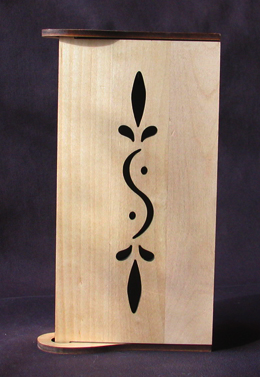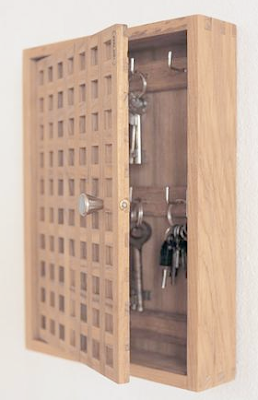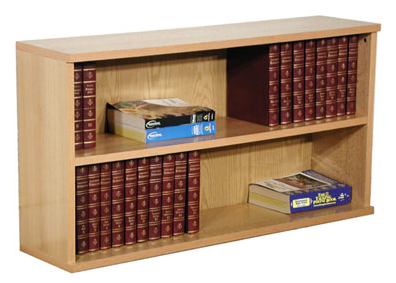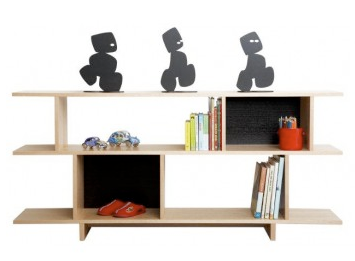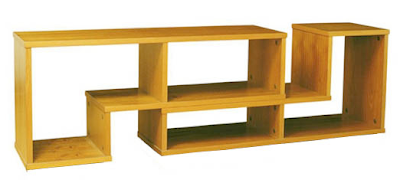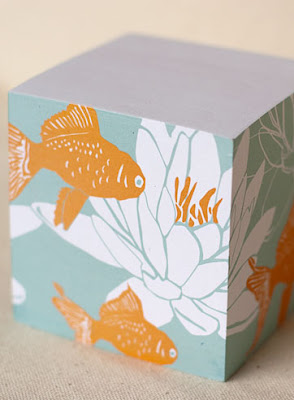
I love to travel, and I travel independently - not on a tour. And I book my own reservations; I tend to stay at less-expensive places not handled by travel agents. So how do those of us who travel this way decide where to go?
I'm pretty organized about this - big surprise, huh? I do a lot of research, and plan out my days at a high level - how many days in each city, things I want to see there. (And then I sometimes throw this all away, as I did when people I met on a trip invited me to visit them in their home.)
Where do I look for information?
1. GuidebooksRick Steves wrote: "Guidebooks are $15 tools for $3,000 experiences. Many otherwise smart people base the trip of a lifetime on a borrowed copy of a three-year-old guidebook." Sure, he sells guidebooks and he's a bit biased - but the point is still well-taken. I always get the most recent copy of whatever guidebooks I'm using.
And for future trips, I'm looking at electronic versions of those guidebooks, when available, which I can put on my iPad.
Lonely Planet has taken the smart step of selling individual chapters of its books - so if I'm going to the northwestern part of
England, for example, I can buy just that part. The site also kindly tells you when the next edition of the guidebook is due.
But, by themselves, guidebooks are far from a perfect answer. Read Dawn MacKeen's article,
The Truth about Guidebooks, and you'll know you want other sources of information. Here's how the article begins:
Seven days after graduating from college, I boarded a plane and landed in the middle of Greece, with little knowledge of the language, the culture or the geography. I had two months from that moment to become an expert on the country for the now-defunct Berkeley Guides; to travel to, research and write about 15 islands and nine cities and towns. ... I had to find the best hotels, campgrounds, restaurants, museums, archaeological sites, beaches and bars, as well as the prices and schedules of the ferries, trains and buses.
So where else do I look?
2. Online SourcesWhen I traveled to India, before we had all the web resources we have today, I got some of my best tips by posting my planned itinerary to the Usenet group (now Google Group)
soc.culture.indian. Those groups are still available - but now I might also pose a question on
Ask MetaFilter or
Twitter or
Quora. Benji Lanyado, writing for The Guardian, has taken "TwiTrips" - most recently to
Liverpool - where he arrives with no plans and relies on the people of Twitter to guide him, step by step, to places to eat and things to see. That's not how I would use Twitter - but he
does get some great advice!
And then of course there are all the online review sites, such as
TripAdvisor.
Many guidebook sites have discussion forums:
Rick Steves,
Fodor's,
Frommer's, etc.
There are all sort of travel blogs out there, too. If I have an idea where I might want to go next, I might start reading a few blogs related to that place. Or I might follow selected travel writers on Twitter.
I get inspired by photos, so I'll search the web - or
Flickr - for pictures of places I'm considering going. I know another trip to Paris is in my future, so I always look at
Paris Daily Photo - one of a series of such
City Daily Photo sites from around the world.
And just plain searches, using Google or whatever your preferred search engine might be, can turn up some great things, too.
When I stumble upon a web site talking about a place I might want to visit, I add it to my bookmarks. For example, I would never have visited the
small Statue of Liberty in Paris if Anthony's site hadn't directed me there; I bookmarked it years before I went there. And
here's a place I may well want to visit the next time I'm in Paris.
One final thing: If I want to visit a museum or some such place, I'll check the web site of that specific place to ensure I have the latest information on its hours and any special exhibits - or notice of any closures. (Sometimes museums send their art out on loan or remove it for renovation.)
3. Personal RecommendationsAnd then, of course, there's the advice from people I know: people who have visited the place, or people who live there. Those people often provide the best tips of all!
Do I check all these resources for every trip? No - but it's sure nice to have so many good options available.
Do you have any favorite travel planning resources? If so, please share!Related Post
Organizing for Travel: The Packing List























